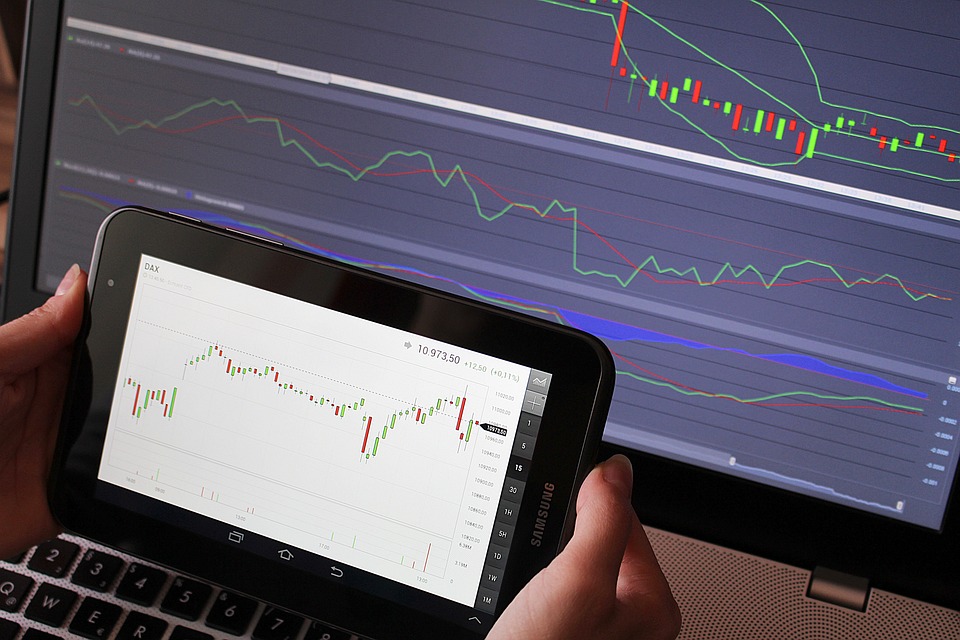Forex trading, short for foreign exchange trading, is a dynamic and lucrative financial market that operates 24 hours a day, five days a week. It involves the buying and selling of currencies with the aim of making a profit from fluctuations in their exchange rates. Understanding the basics of forex trading and forex robot is essential for anyone looking to venture into this exciting world of finance.
Understanding Forex: What It Is and How It Works
Forex trading revolves around the exchange of currencies, where traders speculate on the value of one currency against another. At its core, forex trading is about predicting currency movements and profiting from them. To grasp the intricacies of forex trading, let’s delve into its definition, basics, and the various participants involved in this bustling market.
Forex, also known as FX, is the largest and most liquid financial market globally, with a daily trading volume exceeding $6 trillion. It operates on a decentralized network of banks, financial institutions, corporations, governments, and individual traders, facilitated through electronic trading platforms.
At its essence, forex trading involves the simultaneous buying of one currency and selling of another. Currency pairs are quoted in terms of their exchange rate, which represents the value of one currency relative to another. For example, in the EUR/USD pair, the euro is the base currency, and the US dollar is the quote currency.
Market Participants
The forex market comprises various participants, each with unique roles and motivations. These participants include central banks, commercial banks, hedge funds, multinational corporations, retail traders, and speculators.
Central banks play a crucial role in forex by implementing monetary policies and interventions to stabilize their respective currencies. Commercial banks facilitate forex transactions for their clients and engage in speculative trading to profit from currency fluctuations. Hedge funds and multinational corporations trade forex to hedge against currency risks arising from international business activities.
Individual retail traders, like you and me, participate in forex trading through online brokerage platforms. Retail traders aim to profit from currency movements by speculating on price changes using various trading strategies and techniques.
Why Forex Trading Matters
Forex trading holds significant importance in the global economy for several reasons, including its vast trading volume, liquidity, accessibility, and role in facilitating international trade and investment.
Advantages of Forex Trading
One of the primary advantages of forex trading is its high liquidity, which ensures that traders can enter and exit positions quickly without significant price slippage. Additionally, the forex market operates 24 hours a day, allowing traders to capitalize on trading opportunities around the clock, regardless of their time zone.
Furthermore, forex trading offers considerable leverage, enabling traders to control large positions with relatively small amounts of capital. This leverage amplifies potential profits but also increases the risk of losses, making risk management crucial in forex trading.
Importance in Global Economy
The forex market plays a pivotal role in facilitating international trade and investment by enabling the exchange of currencies between countries. It serves as a mechanism for determining exchange rates, which influence the competitiveness of exports and imports, inflation rates, and overall economic stability.
Moreover, forex trading impacts global financial markets, as currency movements can affect the value of stocks, bonds, commodities, and other assets. As such, understanding forex trading is essential for individuals and businesses involved in international trade, finance, and investment.
In the next sections, we’ll explore how to get started in forex trading, including setting up your trading account, understanding currency pairs, and essential tools and resources for success.




